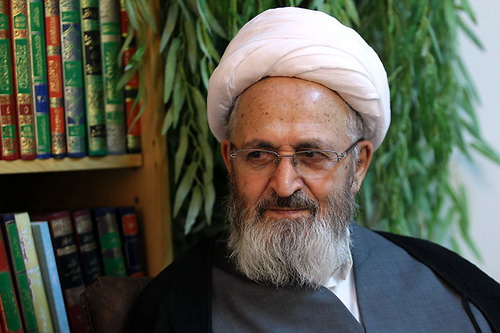Hawzah News Agency- The second degree of Tawhid pertains to the oneness of the divine attributes. We know that God is the possessor of all attributes of perfection; both intellect and revelation indicate the reality of the attributes within the Essence of the Creator. Therefore we know that God is Knowing, Powerful, Living, Hearing, Seeing, and so on. These attributes are distinguished one from the other as regards meaning: that which we understand by the word ‘Knowing’ is distinct from that which we understand by the word ‘Powerful’. But the question is this: If these attributes are distinct in terms of meaning, are they also distinct in terms of objective reality, that is, within the divine nature, or are they united at this level?
In response to this question, we would say that if such distinctions are found within the Essence of God, then there will be multiplicity and compounded-ness within the Divine Essence. It must therefore be understood with the utmost clarity that while these attributes are distinct from each other as regards their respective meanings, they are at one as regards their inmost reality. In other words, the Essence of God comprises, within its absolutely undifferentiated nature, all of these perfections; it is not the case that one part of the Essence consists of knowledge, another part of power, and yet another of life. As the sages say: ‘Nay, He is Knowledge, all of Him; He is Power, all of Him; He is Life,
all of Him.’
Therefore, the essential attributes of God are in reality eternal and everlasting, partaking of the absolute unity of the Divine Essence. The view of those who regard the attributes of God as eternal and everlasting, but somehow added to the Essence, is erroneous.
This is an opinion derived from a false analogy between the attributes of God and those of man: just as man’s attributes are distinct from, and added to, the essence of man, so, it is believed, the same holds true for God.
Imam Sadiq explains: ‘God—Glorified and Exalted be He!—shall never cease to be our Lord. And knowledge is His Essence—and it cannot be known; hearing is His Essence—and it cannot be heard; seeing is His Essence—and it cannot be seen; power is His Essence—and it cannot be dominated.’
Imam Ali has said, in regard to the oneness of the divine attributes with the Divine Essence: ‘Perfect sincerity in Tawhid is that we negate all attributes from Him; for every attribute testifies to its being other than the object to which it is attributed, and every such object in turn testifies to its being other than the attribute.’
Reference:
Ayatollah Jafar Sobhani, Doctrines of Shii Islam, A Compendium of Imami Beliefs and Practices, Translated and Edited by Reza Shah-Kazemi, published by I.B.Tauris Publishers, london • new york 2003


